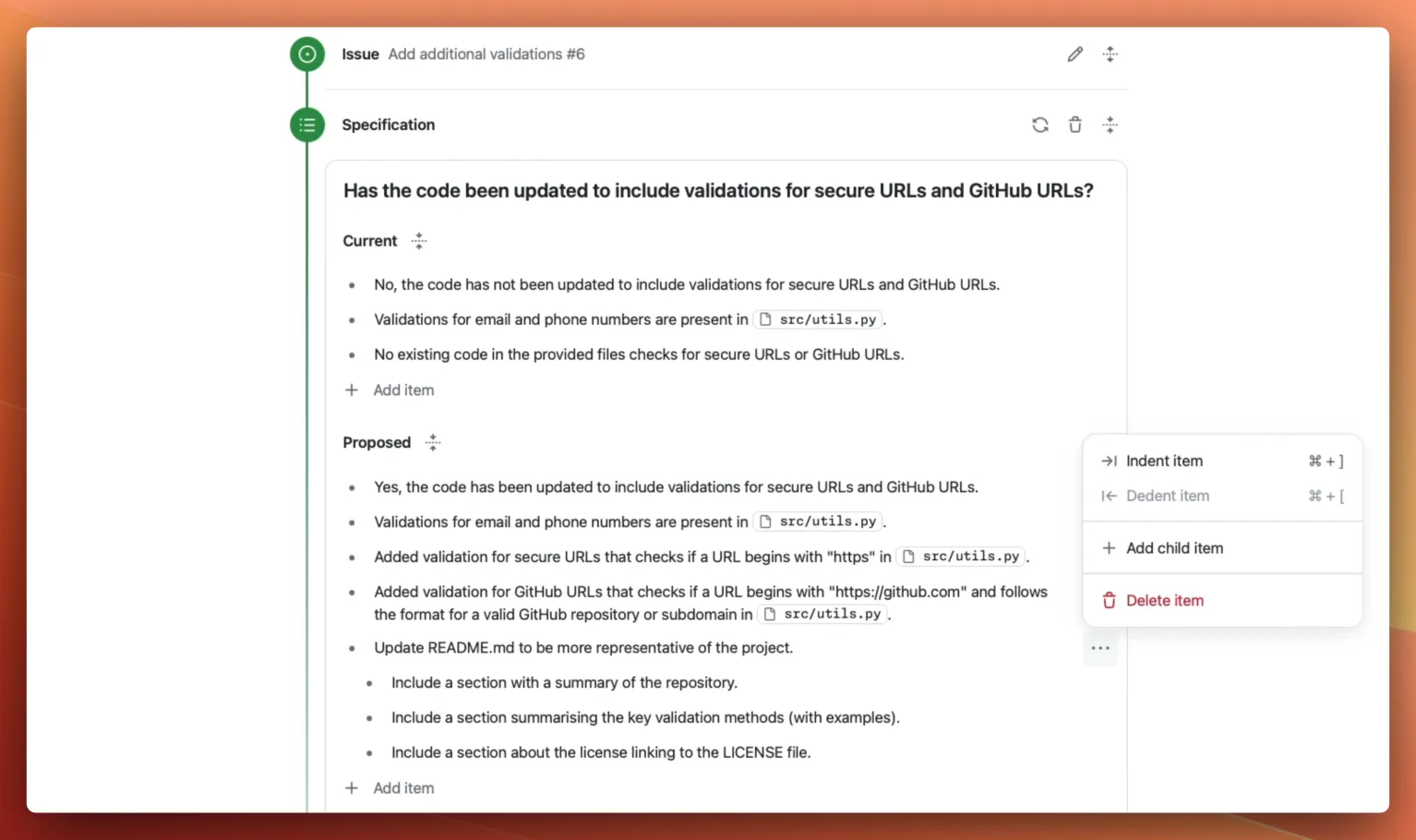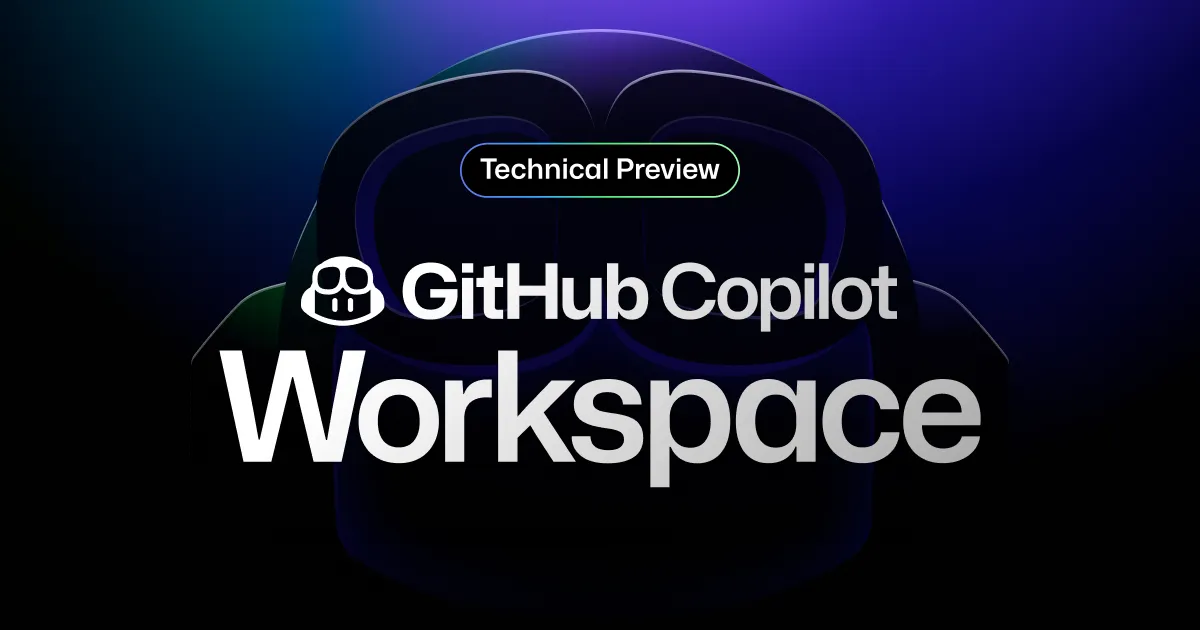Two years ago, GitHub changed the face of coding with the release of Copilot, its productivity-boosting autocomplete pair programmer. Since its launch, GitHub Copilot has become the most widely adopted AI development tool. In 2023, the company built on the Copilot success with the GitHub Copilot Chat release, a tool that combines natural language understanding with coding, debugging, and testing to allow developers to "converse with their code." Taking its mission a little further, Github has recently reimagined the developer workspace with GitHub Copilot Workspace. The Copilot-native environment enables developers to work with the AI assistant throughout the full development process while empowering them to retain control over each step.
Workspaces can be started from a task, such as a GitHub Issue or a Pull Request. By making Copilot-powered agents available from the beginning of the next big idea, GitHub Copilot Workspace meets developers wherever they may be and drafts a plan to address the issue or request based on its understanding of the codebase and issue details. This process enables developers to confidently brainstorm, edit, and iterate on the drafted plan as needed. Once the plan is in place, developers can run the code directly in Copilot Workspace, jump into an integrated GitHub Codespace, and tweak the code changes when necessary. Workspaces can also be shared across teams with a link. Once developers are satisfied with the code, they can file a pull request, launch the GitHub actions and security code scanning, and ask for human reviews.

GitHub Copilot Workspace is also available on mobile devices so no moment of creativity goes to waste. This is especially important not only for GitHub to fulfill its mission of making the development process as easy as riding a bicycle, but to support professional developers when their skills are in high demand due to the world's dependence on them. Reducing boilerplate work and increasing creativity are essential to boost productivity gains and positive economic impact, but, more importantly, they are also increasing demand for software developers.







Comments